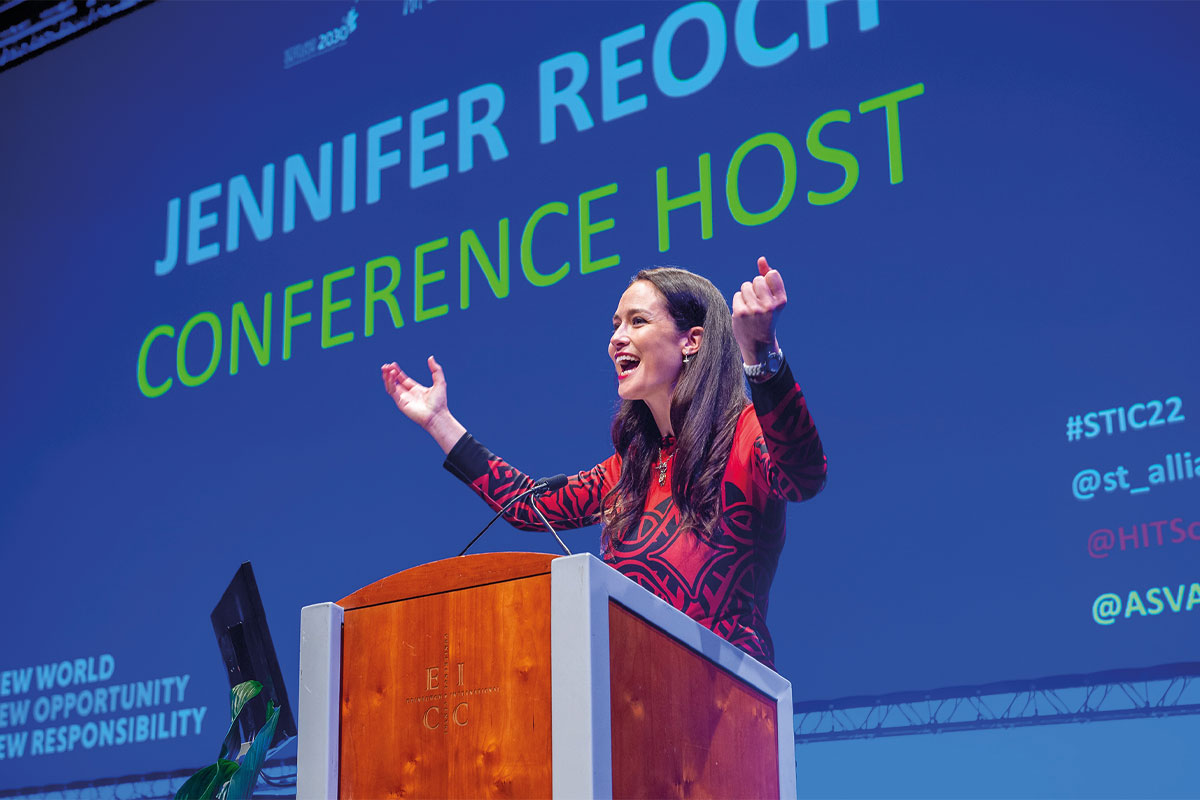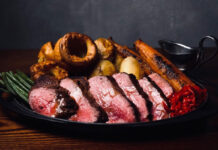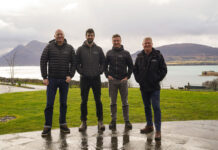Tourism sector gathers in Edinburgh to mull over tough times – and new hopes
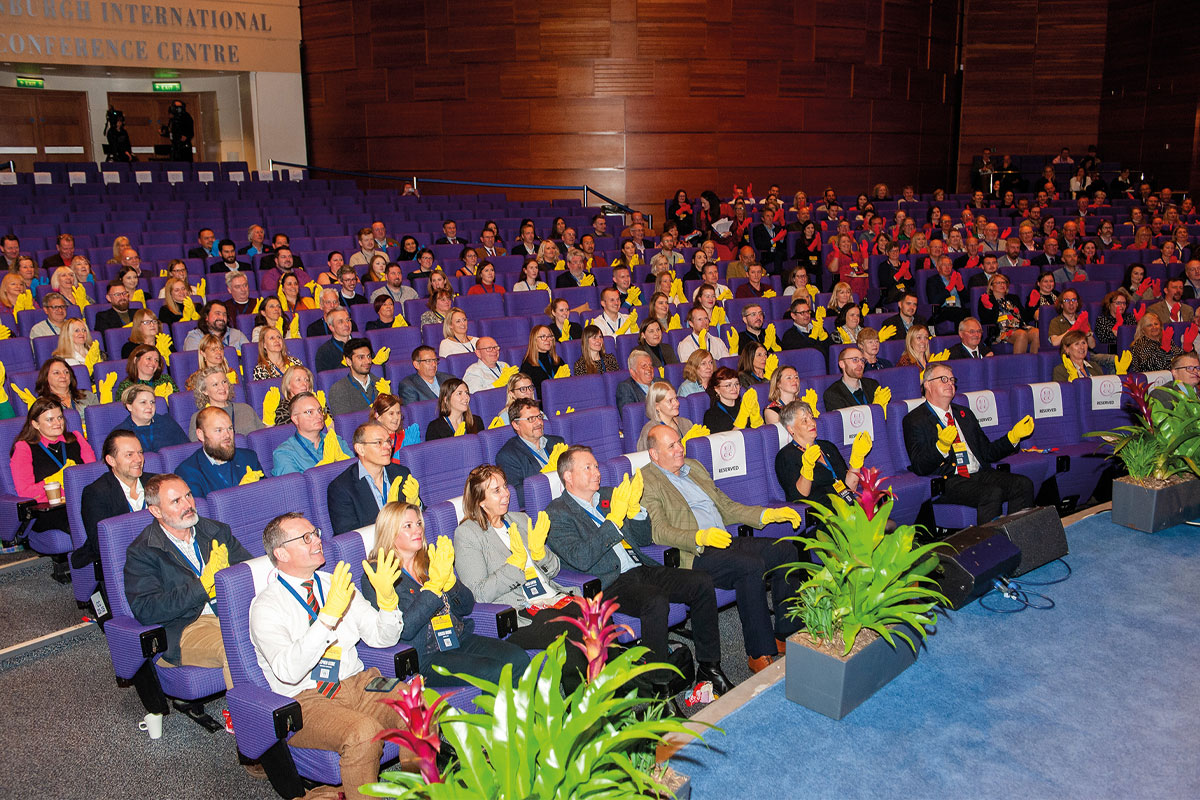
AS Scotland’s Tourism Industry Conference 2022 in Edinburgh got under way, presenter Jennifer Reoch proposed that the audience play a drinking game, and reach for their hidden hipflasks every time a speaker used the words ‘unprecedented’ and ‘painful’ to describe the current economic circumstances.
But despite that premonition of doom and gloom, the conference turned out to be a surprisingly upbeat affair, as speaker after speaker highlighted the underlying strength of Scotland’s appeal to overseas visitors.
Early on, senior economist at NatWest Group, Philip Bartlett, began this positive spin, noting that “for an advanced economy, we are comparatively poor”, which meant that overseas folk with stronger currencies were attracted here to wield their enhanced spending power.
Gordon Clark, vice president of business development at Forward Keys, noted that the post-COVID recovery in tourist traffic to the UK was currently being led by a Scottish airport – Inverness – with Glasgow and Edinburgh also in the top five, alongside Newcastle and London.
Mr Clark added that this resurgence was being driven by long-haul tourists from the US, predominately looking for ‘premium’ holiday experiences in Scotland, a luxury trend which he expected to amplify as Asian countries resumed international travel.
VisitScotland’s director of marketing and digital, Vicki Miller, pointed out that average tourist spend was currently going up quicker than actual visitor numbers, as the people leading the charge back to Scotland’s tourist destinations tended to be coming in at the top of the market.
“Whatever the wider economic trends recently, the rich have got richer,” said Ms Miller. “So we have seen the luxury market bounce back. The mood is very much ‘you only live once’, so there is a release of pent-up demand for ‘bucket-list’ travel.”
From tourism consultancy BVA BDRC, Jon Young said that domestically, a significant minority were unaffected by the cost of living crisis, and around a quarter of the population were either content that their finances were secure, or actually better off.
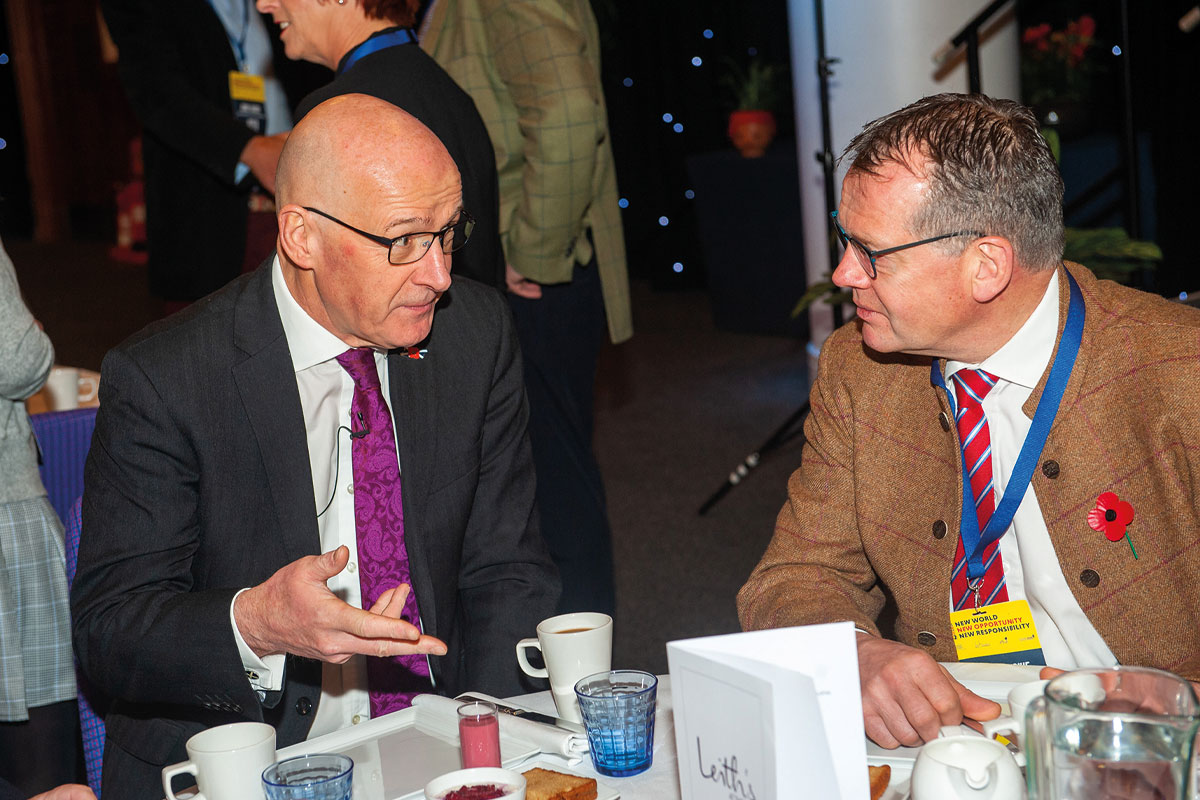

As such, suggested Mr Young, demand for premium experiences, from both international and domestic audiences, could help ‘balance the books’ of losses from the squeezed middle.
“It’s the expensive seats that always sell out first,” he added.
TripAdvisor’s ‘director of destinations’, Justin Reid, walked onstage at the Scottish Tourism Alliance-organised conference wielding the authority of a website that recorded close to 200 million unique users globally in September this year.
Mr Reid announced that the platform had, over the last year, recorded 179 million users looking at Scotland, led by enquiries from the US, Ireland, Canada and Germany.
“Of course, domestic tourism is still dominant, but visitors from the USA are by far the next biggest market, and they love your ‘things to do’,” declared Mr Reid, who noted that this enthusiasm had translated to an increase in the average US traveller spend on a Scottish hotel room, up from $164 per night in 2019 to $207 in 2022.
Scotland remained a strong market for higher hotel class, he added, with three in five clicks on TripAdvisor going to 4- or 5- star properties.
The STA’s own chief executive, Mark Crothall, sounded a more sombre note: “Yes, the Americans are coming and they want to spend their money – but it is still going to be tough.”
The STA’s latest survey of Scotland’s tourism sector had, he said, found both ‘resilience and fragility’: “People need a break and want to do that at home and abroad, however the cost-of-living crisis is biting hard on a sector which has not yet recovered from the impact of the pandemic.”
Mr Crothall noted that the situation had not been helped by the recent quick turnover of UK tourism ministers, some of whom hadn’t stayed much longer than a holiday fortnight themselves.
By contrast, Scotland’s equivalent minister, Ivan McKee, had been a constant, and Mr Crothall was pleased to now be co-chairing the Tourism and Hospitality Industry Leadership Group with him – a mechanism for ‘genuine partnership working’ between industry and government to help make Scotland a ‘world leader in 21st century tourism’.
